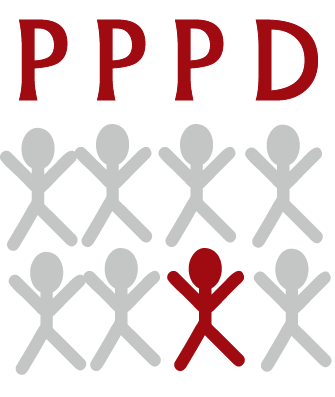Umgang mit Belastungen: Neue Publikation von Marina Schall und Astrid Schütz
Schall, M.,& Schütz, A. (2019). Emotion-Regulation Knowledge Predicts Perceived Stress Early but not Later in Soldiers’ Careers. Journal of Workplace Behavioral Health, 34(1), 62–73. doi:10.1080/15555240.2019.1573688
Abstract
Although emotion-regulation competencies have been found to help people overcome negative experiences, such benefits may depend on the context. In the present study, we examined whether knowledge about effective emotion regulation would be associated with lower perceived stress in a population with extremely high job demands. We studied 492 German soldiers. Our results showed that soldiers with higher emotion-regulation knowledge reported lower levels of perceived stress, which was partly due to a greater tendency to use effective emotion-regulation strategies such as reappraisal instead of suppression. When we distinguished career stages, however, we found that emotion-regulation knowledge was a significant predictor of perceived stress for soldiers in early but not in later career stages. We interpret this finding in terms of the context-dependency of emotion-regulation effectiveness: Especially young soldiers can benefit from higher emotion-regulation knowledge possibly due to the fact that they have fewer job resources overall than their senior colleagues.
https://www.tandfonline.com/doi/abs/10.1080/15555240.2019.1573688
